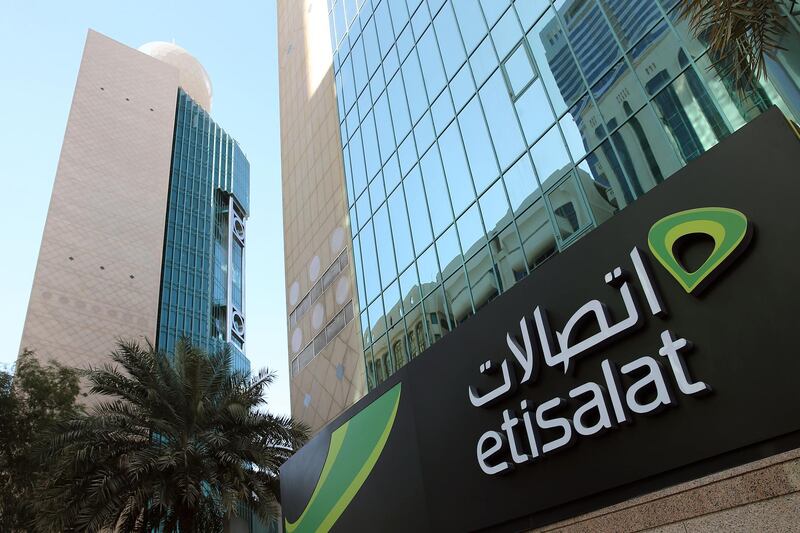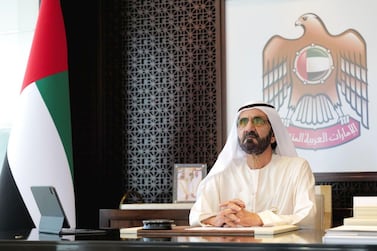Adding new assets to the Emirates Investment Authority will invigorate the role of an institution that manages the sovereign assets of the UAE’s Federal government.
It has been instructed "to prepare a new government investment strategy for the next stage", Prime Minister and Ruler of Dubai, Sheikh Mohammed bin Rashid said as he announced that four significant entities were being attached to it; the national postal service Emirates Post, the Emirates General Transportation and Services Corporation, the Federal Electricity and Water Authority and the Emirates Real Estate Corporation. The EIA has held custody of, and managed Emirates Post and Emirates Transport on behalf of the government since 2013, according to its website. The Emirates Investment Authority did not clarify when contacted by The National if the decision meant that this status had now changed.
The Authority will also now manage a new National Social Security Fund, which will be supervised by Obaid Al Tayer, who is Minister of State for Financial Affairs and already chairs an executive committee overseeing the Emirates Investment Authority.
Mr Al Tayer also sits on the Authority’s main board, which is chaired by Sheikh Mansour bin Zayed, Deputy Prime Minister and Minister of Presidential Affairs, with Minister of Cabinet Affairs and The Future, Mohammed Al Gergawi, as deputy chairman.
The Authority has two main activities – asset management and strategic assets.
The asset management arm has a remit to invest in a full range of global assets including equities, fixed income, hedge funds, private equity and real estate, among others.
Like other sovereign funds, the Emirates Investment Authority can take a long term view and usually takes investment decisions based on a 7-10 year investment horizon, according to an inaugural report produced by the authority in 2017.
The strategic assets arm, meanwhile, controls its substantial investments in a range of businesses.
Emirates Post Group, for instance, houses the UAE’s national postal service delivering to more than 200 countries, as well as the Wall Street Exchange Centre foreign exchange business.
Emirates Transport is best known for providing fleets of school buses, but diversified into a range of other activities including fuel transportation and general logistics deliveries. By the end of last year, it had a fleet of about 40,000 vehicles and employed 30,000 people.
The Federal Electricity and Water Authority owns all of the water and electricity generation, transmission and distribution assets in the Northern Emirates of Ajman, Umm Al Quwain, Fujairah and Ras Al Khaimah.
The Emirates Real Estate Corporation, meanwhile, develops, owns and manages government buildings. Its portfolio includes the Ministry of Education, Ministry of Infrastructure and the Ministry of Foreign Affairs and International Co-operation buildings in Dubai as well as the Ministry of Foreign Affairs building in Abu Dhabi. Internationally, it has built UAE Embassies in Germany, Canada and Turkmenistan.
All of these assets now form part of a federal sovereign fund whose role, according to its 2017 report, is as a “long-term manager of intergenerational equity”.
Globally, there is a trend by sovereign wealth funds to invest more in their domestic economies, either through collating state-owned stakes, investing fund surpluses, annual budget distributions or as incentives to attract further foreign investment, the International Forum of Sovereign Wealth Funds said in a report last month.
In 2019, 21 per cent of sovereign funds' private equity investments were in their home markets, up from just 10 per cent in 2015, it said.







